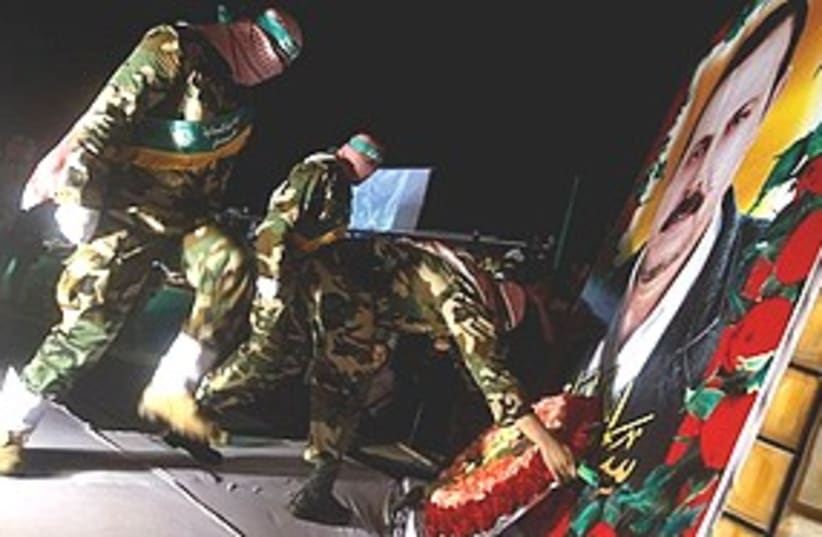Analysis: Long-term fallout with UK from Dubai hit unlikely
Analysis: Israelis with names on assassins’ passports unprotected Just because the media had determined that the Mossad was responsible did not make it so, he said.The official said that while he understood the British need to invite Prosor in for an explanation, as British citizens whose identities had been stolen were living in Israel, this was not the case with Ireland.“There is nothing on which to base a diplomatic crisis, and I don’t think London is interested in one,” the official said. As evidence of this, he pointed to British efforts to downplay the Prosor meeting, by stressing that Prosor had been “invited” to the Foreign Office, and not “summoned” – a word that implies a reprimand – and that the meeting had been very short.The official said he could not discount the possibility that the upcoming election in Britain was behind the Foreign Office’s decision to call in Prosor, because the British press was in near-hysteria over the issue, and the government had to show that it was doing something.After Prosor left the Foreign Office, Foreign Secretary David Miliband said Britain “wanted to give Israel every opportunity to share with us what it knows about this incident.”Miliband said he hoped and expected that Israel would cooperate fully with the investigation that had been launched in Britain, and that this “is not going through the motions, that is the rightful business of government.”“Any interference with British passports is an outrage,” he declared.Miliband is expected to meet with Foreign Minister Avigdor Lieberman and discuss the issue on the sidelines of a meeting of the 27 EU foreign ministers in Brussels on Monday.Conservative Party leader David Cameron also entered the fray, saying that “at the very least, we need some assurances about the future, to make sure whatever has happened in the past can’t happen again, and I would expect the government to ask some pretty tough questions.”Germany and France, which also had passports among those allegedly forged and used by the hit squad, also sought information on Thursday from the Israeli embassies in Berlin and Paris.One Israeli diplomat said it seemed that Ireland, Germany and France were simply following Britain’s lead, and that once London had decided to call in the Israeli envoy for an explanation, they could not have done anything less.On Monday, Dubai police released the names and photographs of 11 suspects in the slaying. Six carried British passports, five had Irish passports and the others used passports from Germany and France.Dubai Police chief Dahi Khalfan Tamim said on Thursday he was 99-percent certain that the Mossad was behind the assassination, and that if that were the case, he would ask Interpol to issue an international arrest warrant against Mossad head Meir Dagan, and perhaps also against Prime Minister Binyamin Netanyahu.While the Prime Minister’s Office would not comment on the matter, onegovernment official said Dubai would become “the laughingstock of theInterpol community” if it requested international arrest warrants,since “there is not one single piece of evidence that even remotelyconnects this incident to Israel.”The official added that the media frenzy over the issue, especially inBritain, was being fueled by Dubai, which was carefully leaking selectpieces of information to promote its own investigation.“We don’t know anything,” the official said. “We know only what Dubaiwants us to know, and they definitely have their own interests.”
